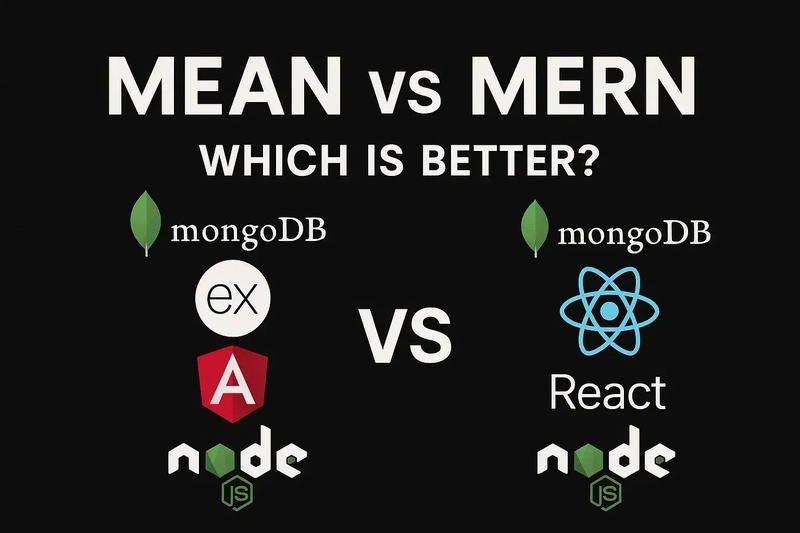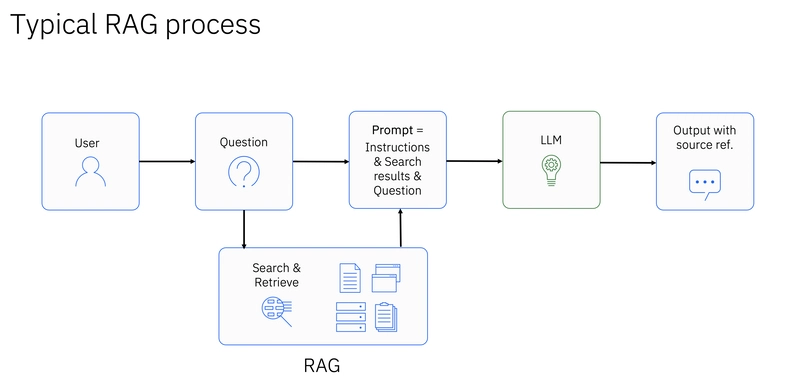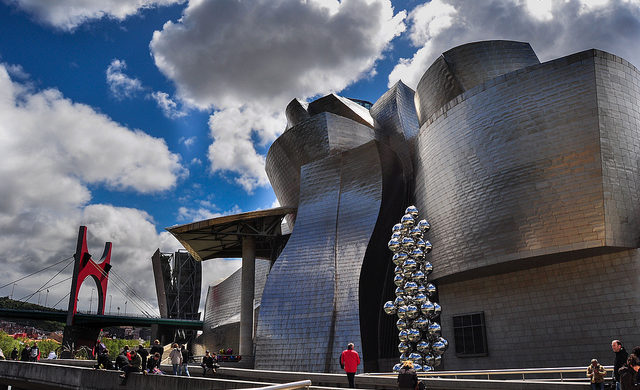What is an oligarchy?
Democrats are debating whether to use the term "oligarchy" to describe the Trump administration, with some arguing it doesn't resonate beyond lefty coastal audiences and others arguing it is a clear and familiar term that describes a government in which a small group exercises control.

Democrats are embroiled in a debate over using the term "oligarchy" to describe the Trump administration — not if they think the description applies, but whether Americans are familiar enough with the word to understand its drastic meaning.
Background:
First-term Sen. Elissa Slotkin (D-Mich.) recently discussed her "game plan" for getting the Democratic Party back on solid footing after losing control of the White House and Senate and failing to reclaim the House in last fall's election.
Speaking to Politico before a speech in her home state last week, Slotikin said Democrats should remove "oligarchy" from their vocabulary deployed to attack President Trump and his allies, because it doesn’t resonate beyond lefty coastal audiences. She suggested instead that Democrats should say the party opposes "kings."
But Sen. Bernie Sanders (I-Vt.), a two-time former candidate for the Democratic presidential nomination who has maintained a strong progressive following, pushed back on the suggestion during an appearance on NBC's "Meet the Press" on Sunday. Sanders and Rep. Alexandria Ocasio-Cortez (D-N.Y.) have been on a multi-city circuit, dubbed the "Fighting Oligarchy Tour," that has drawn thousands of supporters in recent weeks.
"I think the American people are not quite as dumb as Ms. Slotkin thinks they are," Sanders told "Meet the Press" host Kristen Welker. "I think they understand very well, when the top 1 percent owns more wealth than the bottom 90 percent, when big money interests are able to control both political parties, they are living in an oligarchy."
What it means:
On Sanders's campaign website, the duo's tour events are described as "real discussions across America on how we move forward to take on the Oligarchs and corporate interests who have so much power and influence in this country."
Merriam Webster named "oligarchy" among its "words of the week" during the last week of March because it was one of the most searched terms online around the time Sanders and Ocasio-Cortez launched their tour.
"Oligarchy" is formally defined as "government by the few" or "a government in which a small group exercises control especially for corrupt and selfish purposes."
More colloquially, the term has been used to describe the "convergence of economic and political power," or elite wealth and political influence.
While it describes a government structure, some experts argue that it isn't mutually exclusive from other forms of government, including democracy.
Luke Winslow, an associate professor of communication at Baylor University who has written about oligarchy in America, recently pointed to four factors that set an oligarchy apart from other forms of rule: exclusivity, wealth, subtlety and legal immunity.
Where it's been applied:
The term "oligarchy" has historically been used to refer to the aristocratic elite who hold sway over government in other countries.
It is often used to describe powerful, ultrawealthy heads of business in Russia, including by the Biden administration, which levied sanctions against "oligarchs" who were part of Russian President Vladmir Putin's inner circle.
"Elites close to Putin continue to leverage their proximity to the Russian President to pillage the Russian state, enrich themselves, and elevate their family members into some of the highest positions of power in the country at the expense of the Russian people," the Biden Treasury Department wrote in a news release on the sanctions in 2022.
The phrase also has been used to describe leadership in The Philippines, China, Iran and Ukraine.
Why some are using it to describe the U.S.:
Sanders and other progressives often have pointed to growing income inequality in the U.S. among factors they cite as evidence of the country veering toward oligarchy, as well as the wealth of Trump's top advisers.
Trump, a billionaire businessman and former reality television star, has counted billionaire tech mogul Elon Musk, who is the world's wealthiest person with a reported net worth north of $380 billion and was a top donor to Trump's 2024 campaign, among his closest advisers since returning to the White House in January, and multiple billionaires and multi-millionaires are serving on Trump's Cabinet.
"We are living in the richest country in the history of the world, and yet you got one person, Mr. Musk, who owns more wealth than the bottom 53 percent of American households. That is insane. That is oligarchy on steroids," Sanders said on "Meet the Press." "Are you living in a democracy when Mr. Musk can spend $270 million to elect Trump and then becomes the most important person in government?"














































































